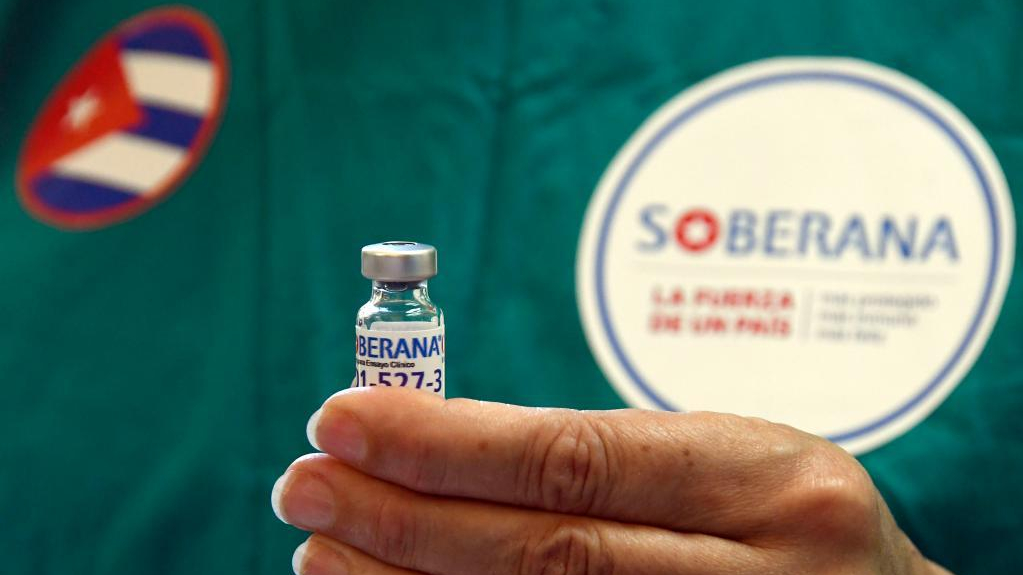Cuba has developed its own vaccine candidates against COVID-19 and one of them has entered phase III clinical trial. The candidate named Soberana 02 has been in the phase III trial since March. The other indigenous vaccine candidate developed by the South American country is Abdala.
Notably, Cuba was one of the less affected countries in 2020 amidst the pandemic. It opened its borders last November, after which infections gathered pace and reached a peak reportedly on April 24.
The vaccines candidates were developed in the Finlay Institute of Vaccines, situated in the capital city of Havana. The Finlay Institute is a state-owned institute of Cuba.
Soberana 02 is being tested among 44,000 people in the phase 3 trial and this includes a placebo group. In addition to this, the country is conducting another effectiveness trial comprising 75,000 people and in this case, there is no placebo group. According to Vicente Vérez Bencomo, the director general of the Finlay Institute, it is too late to go for a placebo study as cases are rising steeply in the country. He also opined in the same interview that people waiting for their slots for the jab will serve as control group in the trial.
Soberana 02 has a different approach of manufacturing. It is a conjugate vaccine, where a weaker antigen is linked to a stronger one and this can create a vigorous immune response. The Finlay Institute’s scientists took fragments of the spike protein of the novel coronavirus and coupled it with a deactivated form of tetanus toxin, which is a powerful antigen (anything can induce the immune system to generate a response against it). The powerful antigen can boost the production of antibodies and immune cells.
In previous trials, the Soberana 02 vaccine candidate generated antibody response in about 80% of the people who were vaccinated with two doses. Notably, applying a third booster dose raised the percentage to 100%, meaning all of the vaccinated people developed neutralizing antibodies that block the virus from entering the cell.
Again, Vicente Vérez Bencomo believes that the jab will protect people from developing a severe COVID-19 infection. However, he mentions that it will be clear only after the phase III trial gets over, where efficacy is being tested. He also says that the final results should be ready to publish by June.
Cuba started the vaccine development in May 2020 after the president of the country, Miguel Diaz-Canel called for it. However, Cuba’s COVID-19 vaccine development had other costs. The country had to abandon other vaccine projects. The pneumococcus vaccine and the whooping cough vaccine projects of Cuba have been stalled because of this.
Cuba is speeding up production and Vicente Vérez Bencomo believes that sometime this year the country would be able to produce about ten million doses per month.
On asked why Cuba decided to go alone and did not become a part of the COVAX program, Vicente Vérez Bencomo in a statement to Nature said the country wanted to rely solely on their own capacity, not on the decisions of others. He also said that the decision is being proven as right. “What we’re seeing across the world is that vaccine supplies are being hoarded by rich countries,” he said in the same statement.
The US embargo against Cuba also affected the vaccine production. “Companies that have been selling us materials for 60 years, under former US president Donald Trump’s administration, they got scared and told us–Sorry, we cannot continue cooperating with you because we are afraid that we will lose our trade with North America,” said Vicente Vérez Bencomo.
Nevertheless, the Cuban scientists are putting every effort and creatively mobilizing the resources to get the vaccine as early as possible.





